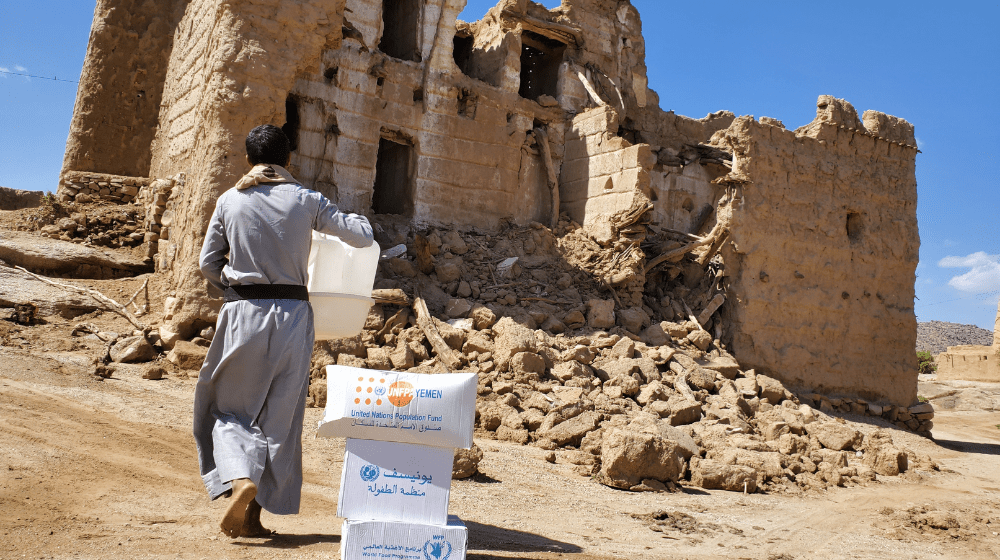Floods and extreme weather are piling pressure on Yemen's already hard-hit and war-torn population, while United Nations emergency supplies offer a vital lifeline.
Shaima, 16, and her family were displaced to Sa’ada Governorate as fighting neared their Hajjah Governorate home in 2019. Forced to live in a rubbish dump, scavenge and sell bottles to survive, the recent floods destroyed her family’s shelter, and took the lives of her brother and father.
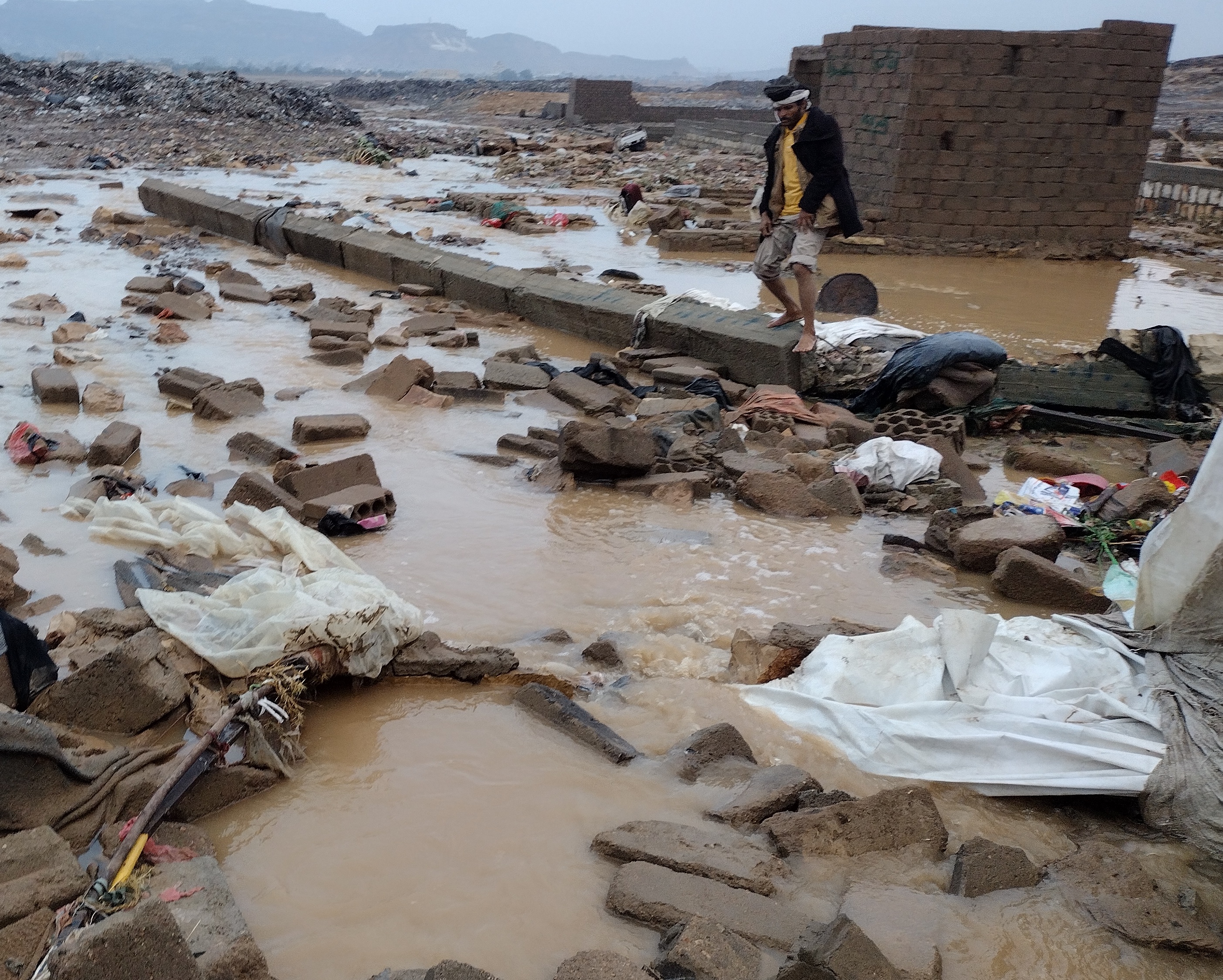
A UNFPA-led UN Rapid Response Team provided lifesaving emergency relief, including ready to eat meals from the World Food Programme, hygiene kits from UNICEF, and dignity kits for women and girls from UNFPA. The team referred Shaima on for cash aid and shelter.
“My only hope for the future is to meet my family’s basic needs and survive,” says Shaima, who now provides for the family.
Urgent aid
Yemen is one of the world’s worst humanitarian crises. After nearly eight years of war, an estimated 21.6 million people need assistance.
Women and girls bear the brunt of the crisis. Around 80 per cent of the 4.5 million people displaced are women and children.
This year, climate change-fuelled extreme weather has displaced more than 200,000 people, many who have already been displaced for the second or third time due to the conflict.
Souad, 45, became the sole breadwinner for her family of seven after losing her husband when her family were displaced. The recent floods washed away their shelter in the Al Rawda camp.
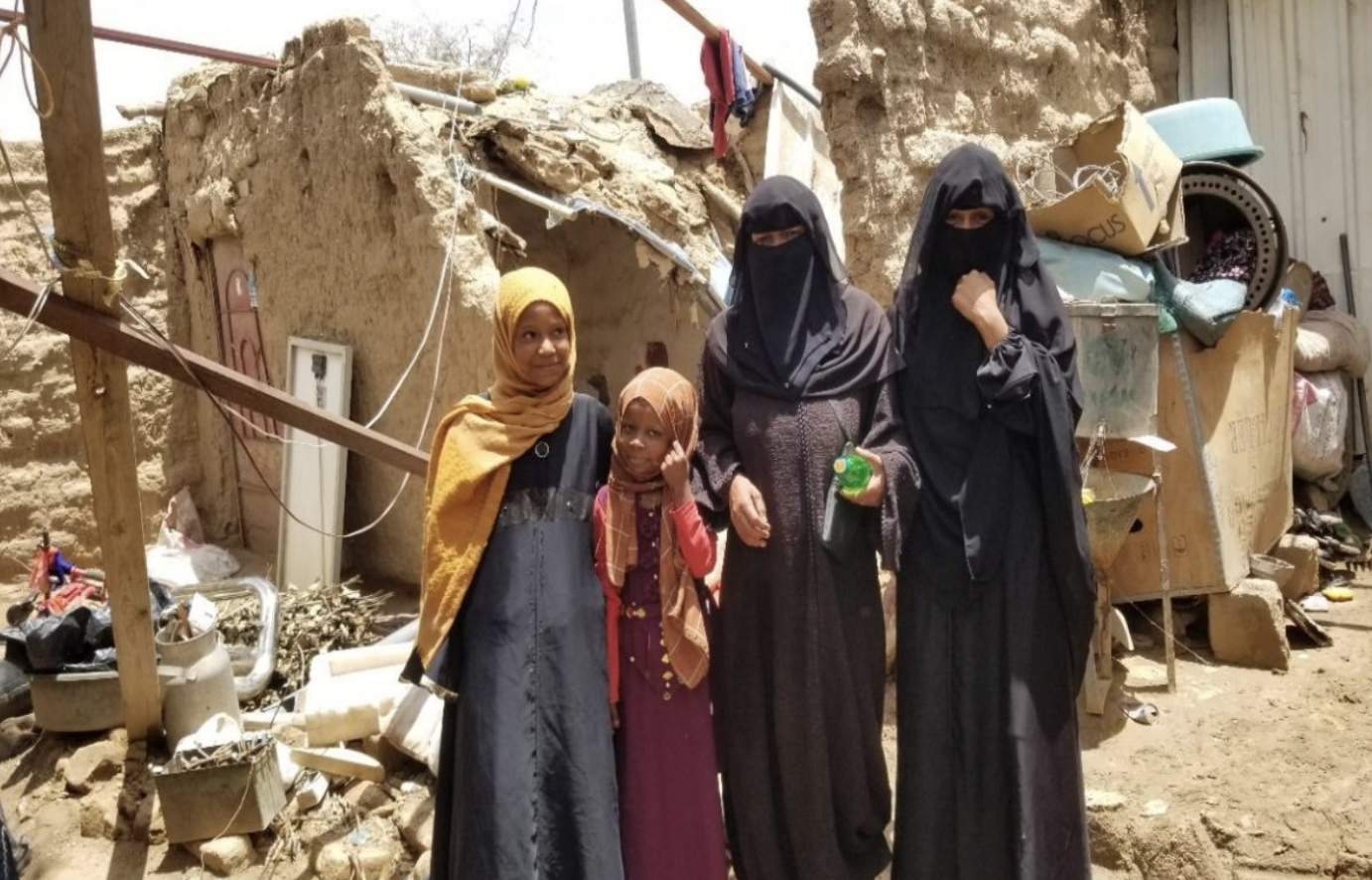
“I was surprised when the (Rapid Response Team) gave us these kits. I didn’t think they would show up so fast. This gives me hope that our situation can improve,” Souad says.
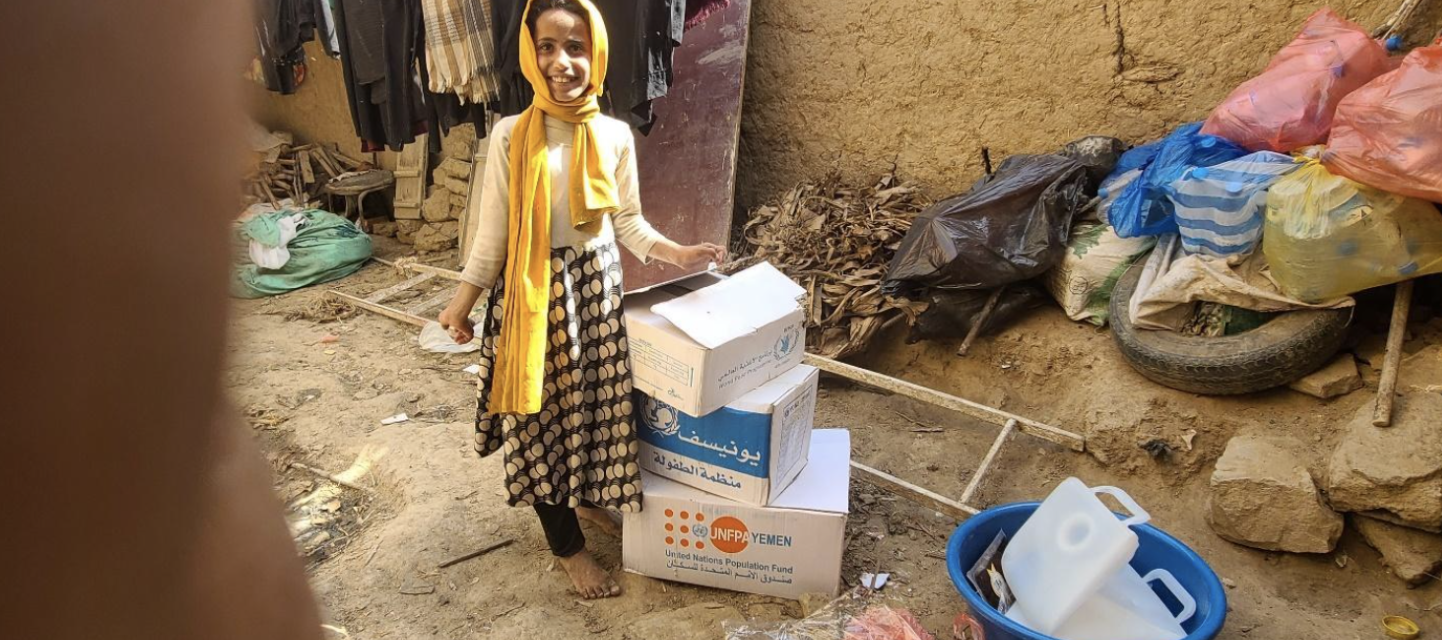
In the coming weeks, heavy rains are forecast to affect nearly two million more displaced people across 11 of Yemen’s 22 governorates.
The UN Rapid Response Mechanism provides urgent, life-saving aid within 48 to 72 hours of displacement to meet people’s most vital needs for up to a week.
More than 150,000 people have received aid through the initiative in 2023 that is funded with crucial contributions from the European Union, the United States Agency for International Development’s Bureau for Humanitarian Assistance, and the Yemen Humanitarian Fund.
“Extreme weather conditions induced by climate change are causing havoc to people’s lives in Yemen, particularly women and girls, who are already compounded by the years of conflict and its ensuing consequences,'' stated Enshrah Ahmed, UNFPA Representative in Yemen."
“Insufficiency of lifesaving assistance will drive displaced persons to resort to even more harmful coping mechanisms and heighten their protection risks. We must work collectively to stop this at all costs,” she added.
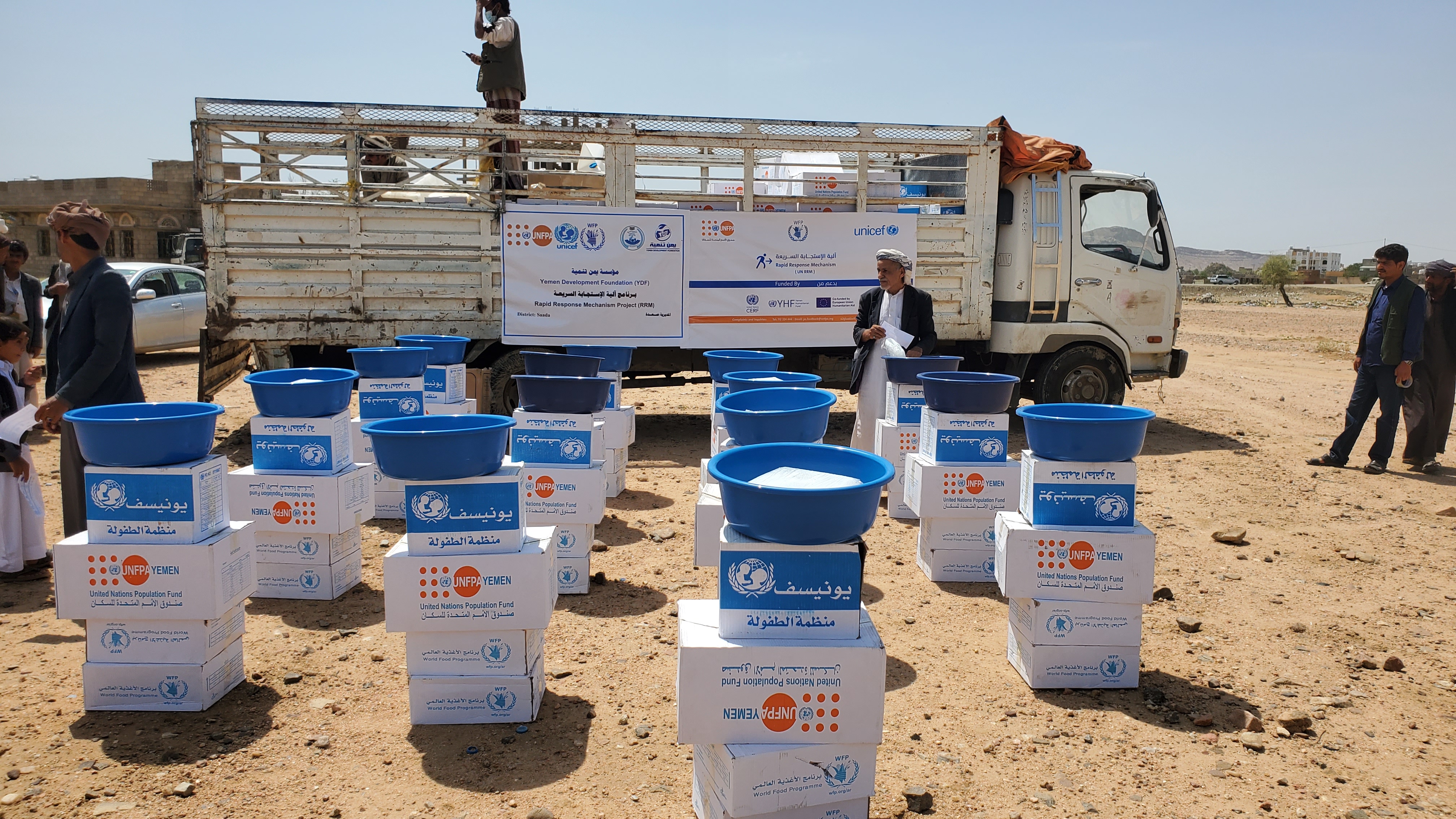
Leave no one behind
The landmark vision of the International Conference on Population and Development (ICPD), held in Cairo in 1994, made clear that reproductive rights underpins development.
As the 30th anniversary of the ICPD rapidly approaches, leaders and experts will meet in Beirut this month to assess progress in the Arab region and to look to future actions.
With over 102 million people in the Arab region displaced in 2022 - the majority being women and children - it is crucial that women and girls caught in crises are not left behind.
Women and girls in caught in humanitarian crises, like millions in Yemen, lack access to sexual and reproductive health services and face a higher risk of gender-based violence, including female genital mutilation and child marriage. Providing services to prevent and respond to these harmful practices is crucial.
As climate change swells floods, droughts and disasters, women and youth are key to securing a sustainable future. Youth will inherit the planet, and women - often tasked with fetching water, food and fuel - rely more on natural resources for their livelihoods. This makes them key to the design and roll-out of climate adaptation and mitigation plans.
To build peaceful, prosperous and sustainable societies, Arab states must put women and young people front and centre in their development agendas, leaving no-one behind.

